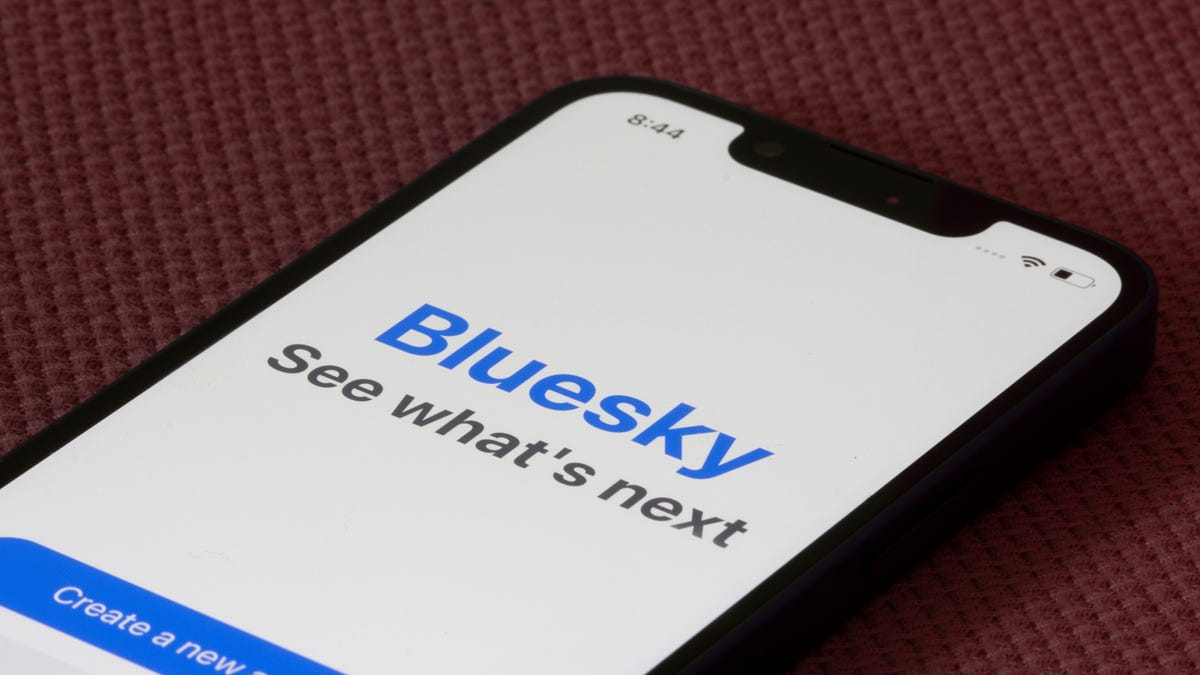Ever since Elon Musk took over Twitter late last year, things have gone from bad to worse at the microblogging site. Many users want out, and they’re hoping that there’s a worthy alternative waiting in the wings. Even if Meta’s newly launched Threads is currently enjoying all the attention, the other major Twitter alternative—Bluesky—is, in many ways, the most obvious heir apparent.
For one thing, Bluesky was created by former Twitter guru Jack Dorsey, with money from Twitter (to the tune of $13 million), and was initially conceptualized when Jack was still running Twitter full-time. Dorsey launched Bluesky in 2019 as a Twitter side-project, then spun the platform off as a public benefit corporation in 2021. Open source and decentralized, Bluesky is supposed to be cut from the same cloth as Mastodon and the rest of the Fediverse, though some critics will tell you it’s a different beast entirely. For the past few years, the company has been hiring folks and quietly building up a reputation for itself and, this week, it celebrated a personal growth milestone: an analysis by a data firm showed Bluesky had officially crested one million users. While that might not sound like much next to Threads’ recent exponential growth, it’s actually more than you might think.
What’s impressive about Bluesky’s numbers is that they were arrived at using an invite-only sign-up model. Anybody can currently join Threads, a fact that allowed the Meta app to break download records and net 30 million users in a matter of hours earlier this week. However, to get on Bluesky, the platform requires that you be invited by another current user. Current users can recruit newbies by sending them an invitation code, which is then used to set up an account. This process has irked some but has also created a significant level of buzz—as if Bluesky were an exclusive club that web users are clamoring to join.
Bluesky’s current strategy is all about building excitement and generating FOMO. However, once the platform opens its sign-up process to everybody, it’s easy to imagine that the number of users will grow by leaps and bounds.
The first reviews of Bluesky have been pretty good, too. Back in May, Wired’s Kate Knibbs did an initial walkthrough of the platform in which she characterized it as having a “fizzy, infectious fuck-around energy, like everyone chugged a Red Bull on a Friday afternoon and the boss is out of town.” Another early user, Jay Peters of The Verge, similarly characterized the platform as his “favorite Twitter clone yet.” If such buzz is a harbinger of future popularity, then Bluesky could be in a pretty good position moving forward.
Bluesky Launches Its First Paid Feature: Domain-linked Usernames
Another thing that Bluesky has going for it besides mystery and exclusivity is that it’s just sorta…well…weird. While Gizmodo’s own reporters found themselves pretty underwhelmed by Threads’ initial user experience, Bluesky has the potential to be just outlandish enough to keep us interested. Case in point, the platform launched its first paid feature this week and it is decidedly offbeat.
Announced in a blog post earlier this week, Bluesky’s new feature allows you to purchase and manage web domains directly through its platform, while also using said domains as official usernames. To do this, Bluesky partnered with Namecheap, which it describes as an ICANN accredited domain name registrar. In short: Bluesky is basically asking you to buy your own username. The prices are recurrent but are pretty reasonable (from screenshots, it looks like they range anywhere from $18 to $40 per year). More importantly for Bluesky, this feature kills several birds with one stone. Those birds include: identity verification and revenue generation.
Bluesky has promised an ad-free experience for users, but the platform needs to generate revenue somehow. As a result, it’s currently looking for alternative ways to do that without going the usual surveillance capitalism route. Selling users their own username is apparently the first solution they’ve come up with.
“Traditionally, social media companies have supported business costs through advertising,” the Bluesky Team said in its recent blog. “While advertising can subsidize services to make them free to the end user, it comes with negative long-term consequences like incentivizing platforms to lock their users in. In the business of advertising, where social media companies exchange user data to serve ads to specific audiences, users become the product.”
At the same time, the company needs a way to verify users—similar to the Twitter’s blue check mark of old. Bluesky has said that using personally purchased domains helps it verify that its users are who they say they are. Bluesky claims that the new domain feature is a “decentralized way for us to achieve a level of account verification.”

